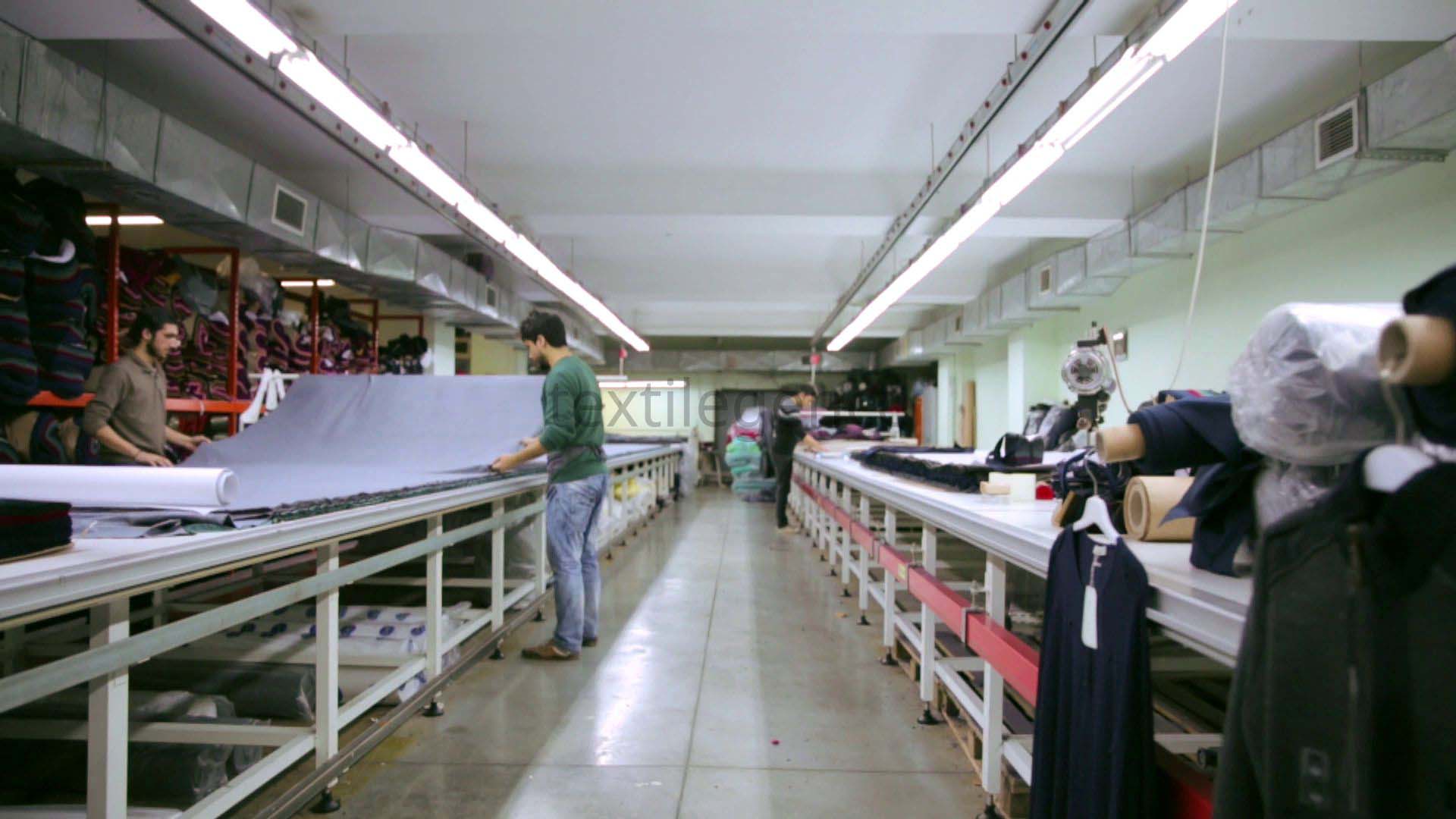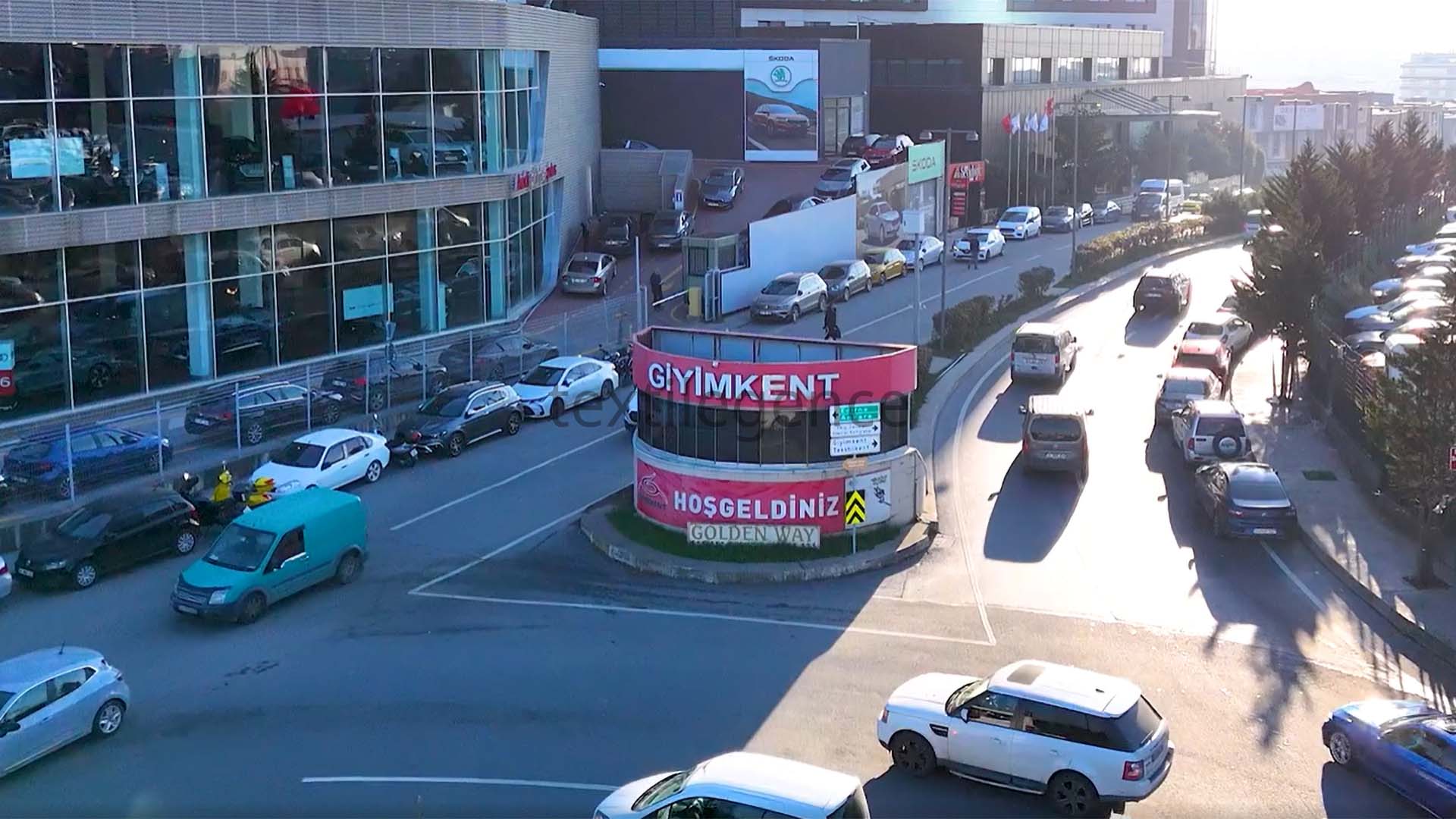Among the most important centres of the Turkish textile, Giyimkent announced its annual export target as 1.5 billion dollars. Giving a statement regarding the current status of the textile industry, the challenges it faces and future goals, Giyimkent Board Chairman Muzaffer Cevizli argued that the industry will return to its old days in 2025. Drawing attention to the fact that the contraction experienced in 2024 was due to the increase in energy and labour costs, Cevizli said that the industry will regain its former strength in 2025 and increase its competitive power worldwide by creating global brands.
He stated that there are companies that have opened production facilities in countries like Egypt due to the increase in energy and labour costs in Türkiye and continued: ‘‘We have one or two companies that go to Egypt from Giyimkent for production. Egypt is preferred because of its low labour and energy costs. It does not seem possible for companies that produce there to catch up with the quality and fashion here in the short term. Egypt provides very big incentives in this regard. Türkiye should create global companies for competition. Production can also be done abroad, but a third way can be followed such as exporting the manufactured product through Türkiye.” He also added that they support companies in Giyimkent in terms of increasing production and opening up to new markets.

The danger awaiting the textile industry: Labour problem
Muzaffer Cevizli mentioned that there is difficulty in finding workers to work in the textile industry: ‘‘Our youth do not want to work in the textile industry. They do not want to be intermediate staff or machinists. They generally want to be white-collar workers. This is one of the biggest dangers for our industry in the future. In order to prevent this danger, training needs to be provided in vocational high schools as soon as possible and fields need to be opened. Along with training, local labour needs to be directed to this channel,” he said.
“Approximately 10 percent of the 1.5 million jobs in textiles are Syrian immigrants”
Muzaffer Cevizli made the following comment about Syrian workers: “Refugees from Syria came for the security of their lives and property. They started working in industries where our youth did not want to work. They were able to find jobs in the lowest industries. Some of them will return to their countries. With this return, it will be even more difficult to find employees in the textile, furniture and construction industries. Approximately 10 percent of the 1.5 million jobs in textiles are Syrian immigrants. The return of Syrians is currently slow, and when this number increases in the future, the textile industry will be negatively affected.”

